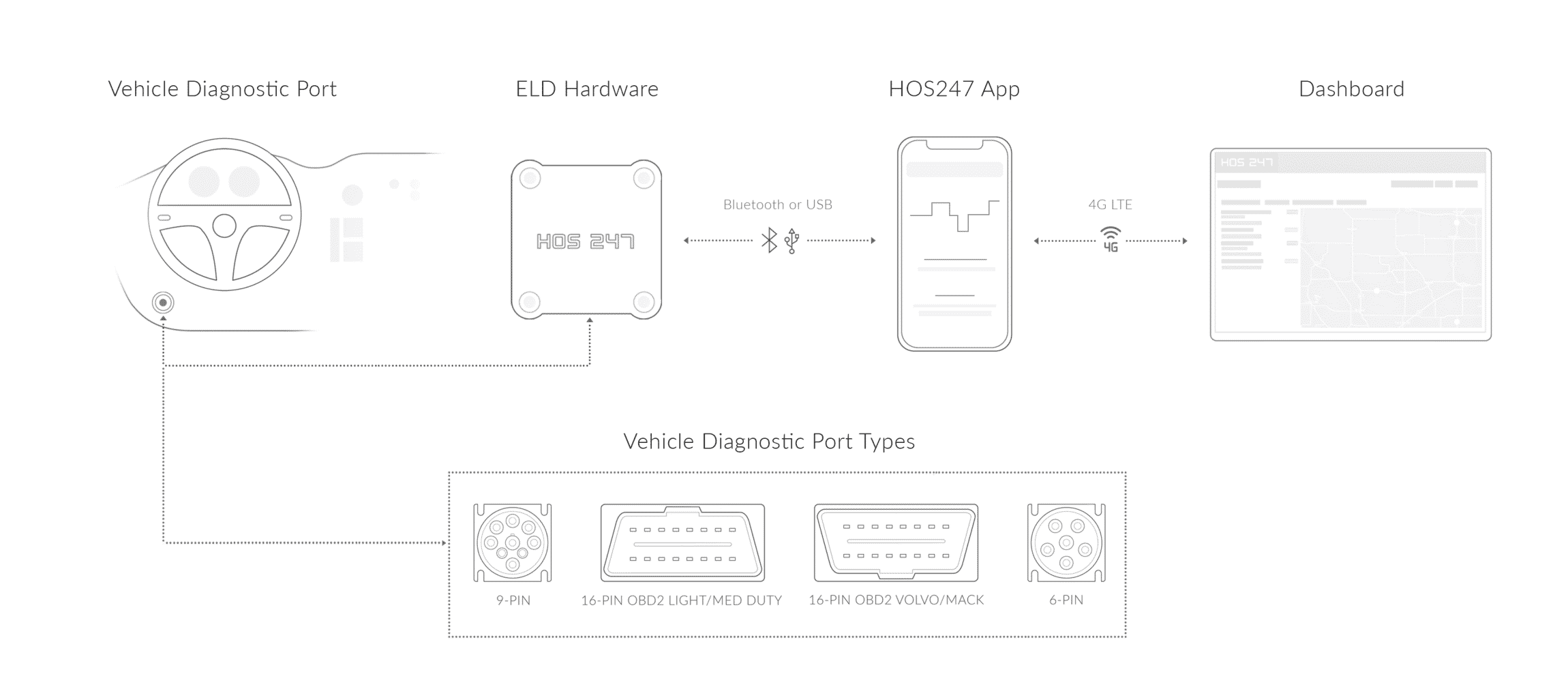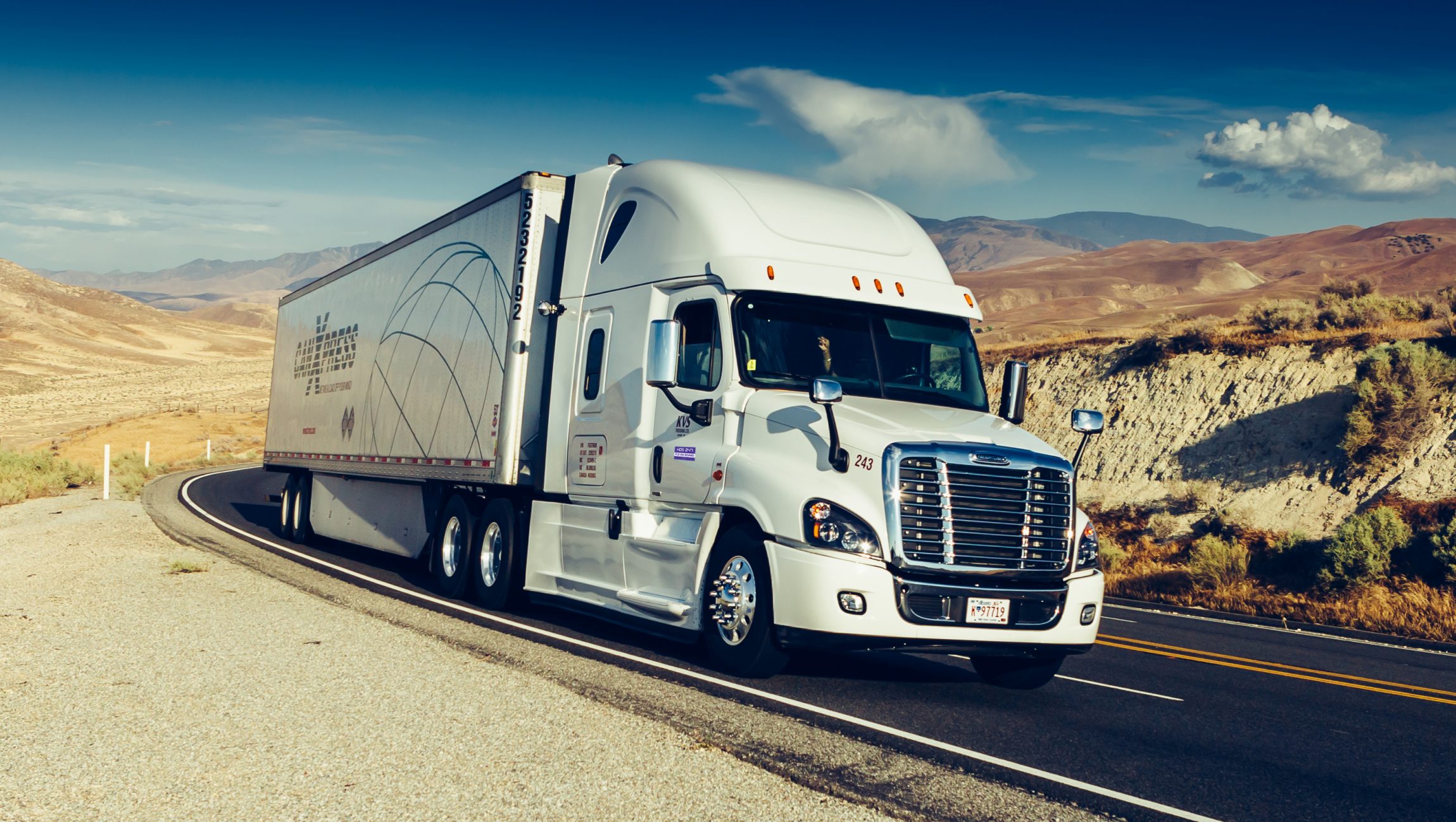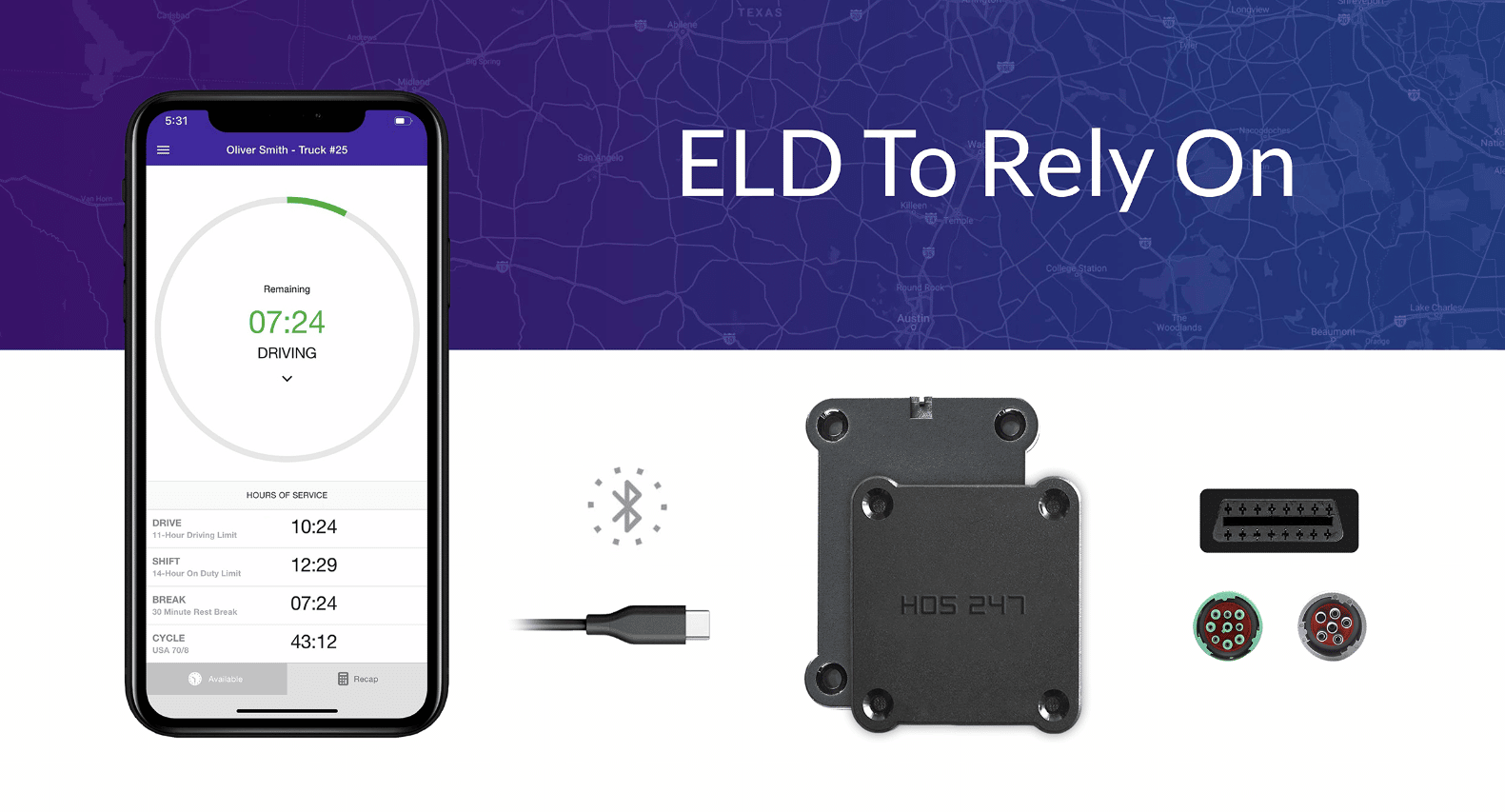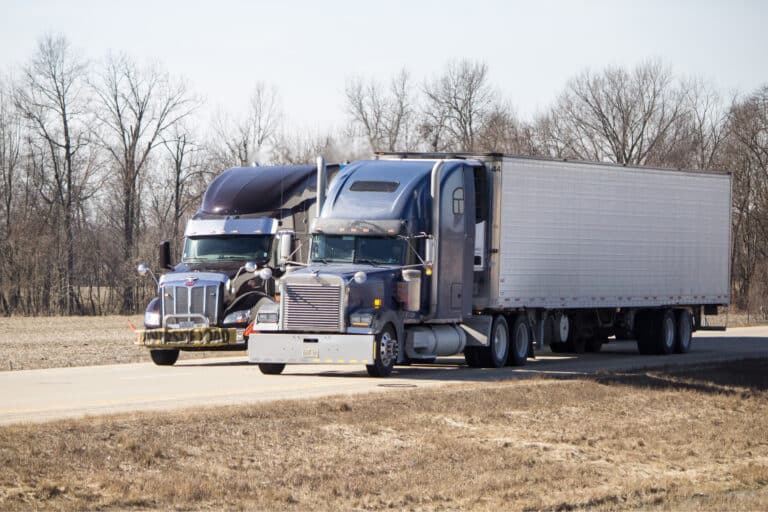The Canadian elog mandate aims to increase accountability and safety in the trucking industry. Accidents and the vast amount of administration from paperwork cost the industry billions of dollars, creating a significant economic problem for the sector.
On 13th June 2019, Transport Canada published the final ELD ruling on the Canada Gazette and set the compliance date to June 12, 2021. Due to the pandemic and the delays in the certification of electronic logging devices by approved third-party certification bodies drove the Canadian authorities to implement a progressive enforcement period, that was expected to end on June 12, 2023. However, this period was extended so that carriers will not be penalized for not using ELDs until the final compliance date, set to January 1, 2023.
In October 2020, Transport Canada announced that FPI Innovations had been accredited to certify elogs. To date, there are two more certification bodies: CSA Group and COMDriver Tech.
The Honourable Marc Garneau, Minister of Transport, embraces the new regulation, saying:
“These new mandatory logging devices in commercial vehicles will improve safety for drivers and for all Canadians. Collaboration with stakeholders and partners was key to putting these regulations in place. I thank my provincial and territorial colleagues in helping to develop this technical standard, and look forward to them introducing this requirement for operators within their jurisdictions. We know that fatigue increases the risks of accidents and that is why we are taking action across all modes of transportation.” (Transport Canada)
This article discusses the core aspects of the electronic driver logs mandate regulations and how HOS247 helps fleets and owner-operators stay HOS compliant.
What Is the Canadian Elog Mandate?
The Canadian Elog Mandate is based on many of the U.S. ELD regulation standards that took effect in December 2017 and that is enforced the Federal Motor Carrier Safety Administration (FMCSA). The underlying purpose is to standardize the trucking industry’s processes to prevent errors, tampering, and driver harassment. The Canada Gazette says the ELD Mandate will save up to $380 million by mitigating these problems.
Electronic logging devices in Canada must all comply with certain technical standards and be certified by an accredited third party. This is one major differences from the US Mandate, which allows providers to self-register devices into the FMCSA’a providers list. As a result, fewer devices will be available to carriers operating in Canada. Elog providers must pay to have their solutions tested and become certified by an accredited body. The goal is to protect carriers by giving them validation from an independent authority that electronic logbooks are compliant with the electronic driver logs mandate’s technical requirements.

Senior VP of the Canadian Trucking Alliance, Geoff Wood, says that the Canadian Mandate is otherwise 99.8% in line with that of the US. Most differences are at the vendor level, and fleets will not have to do anything differently when complying with the Canadian rules.
All commercial vehicles are expected to capture hours of service via electronic logbooks, replacing traditional paper logs. All drivers will operate in a safe work environment and these devices will track their records of duty status (RODS) automatically. There is no grandfather clause to the Canadian ELD Mandate allowing the use of existing ELDs beyond the full compliance date, which was originally set for June 12, 2021, but has been postponed to January 1, 2023 to give way to a progressive enforcement period during which no penalties will be aloted for not having certified electronic logbooks.
An elog has several features to improve safety and reduce administration and industry costs. Previously, Canada had no specific requirements that governed the use of electronic truck logs to monitor drivers’ hours of service. As well as the direct safety and error reduction benefits, the new Canadian rule will limit unfair competition by ensuring everyone follows the same set of regulations.
The electronic driver logs mandate introduction ensures driver fatigue is minimized, safety improved, and regulations harmonized with those applicable in the US to support economic growth. The HOS and ELD rules will regulate drivers’ resting time, avoiding fatigue, which is critical in commercial driving, given the vehicles’ size. Transport Canada estimates that the mandatory electronic logging device requirement will reduce the risk of fatigue-related collisions by around 10%.
Who Does the Electronic Driver Logs Mandate Impact in Canada?
All federally regulated carriers are impacted by the Elogs Rule. To put that into context, around 157,000 commercial vehicles in Canada will need to be compliant with the new regulations. Any company operating in a Canadian province comes under the provincial jurisdiction, and those providing extra-provincial transportation fall into federal jurisdiction. As it stands, the provincially regulated carriers do not need to comply with the ELD Mandate regulations at the moment, but might have to if provincial authorities decide to implement the use of electronic logbooks, like Ontario intends to do.
Canadian ELD Exemptions
Like the FMCSA’s rule in the US, the ELD Mandate in Canada includes a few exemptions from compliance. The motor vehicles exempt from the requirement to be equipped with a certified elog are:
- Vehicles that are operating under a specific permit.
- Carriers with a statutory exemption under the Motor Vehicle Transport Act.
- Vehicle is subject to a rental agreement of fewer than 30 days which is not an extension or renewal rental of the same vehicle.
- Vehicles manufactured before the year 2000.
In case of electronic logbook malfunctions, carriers can keep paper logs for up to 14 days (8 days in the US regulations). The device must be repaired if a vehicle returns to a home terminal before that point.

Canada Elog Mandate Compliance Timeline
Following an initial period for industry stakeholder comments in 2016, the proposal for the electronic truck logs rule was published in the Canada Gazette on December 16, 2017. A public consultation period was opened, ending in February 2018, with the final ruling being published by the Canada Gazette in June 2019. Industry stakeholders, electronic logbook vendors, and governments are all part of the consultation process.
The original deadline for compliance was set to June 12, 2021, giving carriers a full two years after the final publication. However, Transport Canada has decided to implement enforcement progressively for one year so that there will be no penalties until January 1, 2023. At that point, carriers must switch to elogs from paper logs to remain compliant. Carriers should review ELD vendors whose devices has been certified by an approved third party prior to the final compliance deadline.
HOS247 is one of the leading vendors in the ELD market.
HOS247 ELD Logbook to Rely On
HOS247 is a leading elog vendor providing electronic logbooks in the US and Canada. The solution offers superior safety and productivity for any fleet, whether small or large, and owner-operators.
The logging devices are straightforward to install and compatible with Android and iOS smartphones and tablets. All you need to do is plug the ELD into your vehicle, download the app, and it will start to record hours and miles automatically during driving. The app connects to device via Bluetooth to keep RODS.
Why Choose HOS247?
There are multiple benefits to choosing HOS247 as your elog provider. In addition to electronic logbooks, HOS247 offers features that are beneficial for successful trucking operations like GPS tracking, IFTA mileage reports calculations and fault code detection.
The main features of the HOS247 ELD include:
- Automatic HOS. Hours of service calculation is automatic, along with violation alerts, records of driving time, miles, and locations.
- Compliance monitoring. Fleet managers can monitor the service logs of drivers and receive alerts to prevent violations. Views of past logs are available on the portal and can be filtered by date or driver.
- Tracking your fleet. Real-time vehicle tracking shows you the full location history, breadcrumb trails, route points, and street views for complete monitoring. You can instantly know who is behind the wheel and monitor their status.
- Inspection mode. The logs are displayed via the electronic truck logs app on a tablet or smartphone. No printer is required.
- Compliant with HOS rules. The device complies with multiple HOS rules, including federal US and Canada hours of service.
- IFTA mileage calculations. IFTA state mileage calculated automatically to save time and money for carriers. Fleet owners can run reports for specific timeframes through the dashboard.

- Ease of use. HOS247 offers a driver-friendly ELD interface with easy-to-navigate menus, one-click roadside inspection mode, and clear HOS rules and exceptions. Paper-free DVIRs save time for drivers with history available to prevent any compliance errors. Vehicle diagnostics help stay on top of maintenance. HOS247 lets drivers set duty status with just two clicks and updates the status automatically when driving starts and stops.
- Top-rated technical support. Our team of specialists will ensure you have the right functionality to optimize operations’ efficiency. The top-rated support team is here 7 days a week to help carriers and drivers stay compliant with the electronic driver logs mandate.
- It’s more than elog compliance. In addition to hours of service compliance, features like IFTA mileage, real-time tracking, violation alerts, and inspection mode, the logbook will help you increase profitability.

I’ve co-founded, built and managed several transportation-related businesses. Now, I’m a founder and CEO of HOS247 – an AI Transportation Platform for trucking companies, freight brokers and other logistics operations. We are transitioning old-style operations to technology-advanced logistics entities and help them to grow their businesses. ELDs (electronic logging devices), fleet tracking and management 2.0 combined with AI-powered dispatch tools.












The rules on how commercial drivers should record their hours of service are changing, and all truckers and trucking companies operating within Canada need to take note of the Canadian truck driver electronic log law coming into effect on June

Running a business is challenging, no matter the size. Just like giant companies with hundreds of vehicles in operation, owners of small fleets face similar problems related to inefficient dispatch, lack of visibility, extra fuel expenses, and time-consuming paperwork. Small

Transport Canada has mandated that most commercial drivers who are required to maintain records of duty status must do so through an electronic logging device come January 1, 2023. These devices help monitor drivers’ time on the road to meet